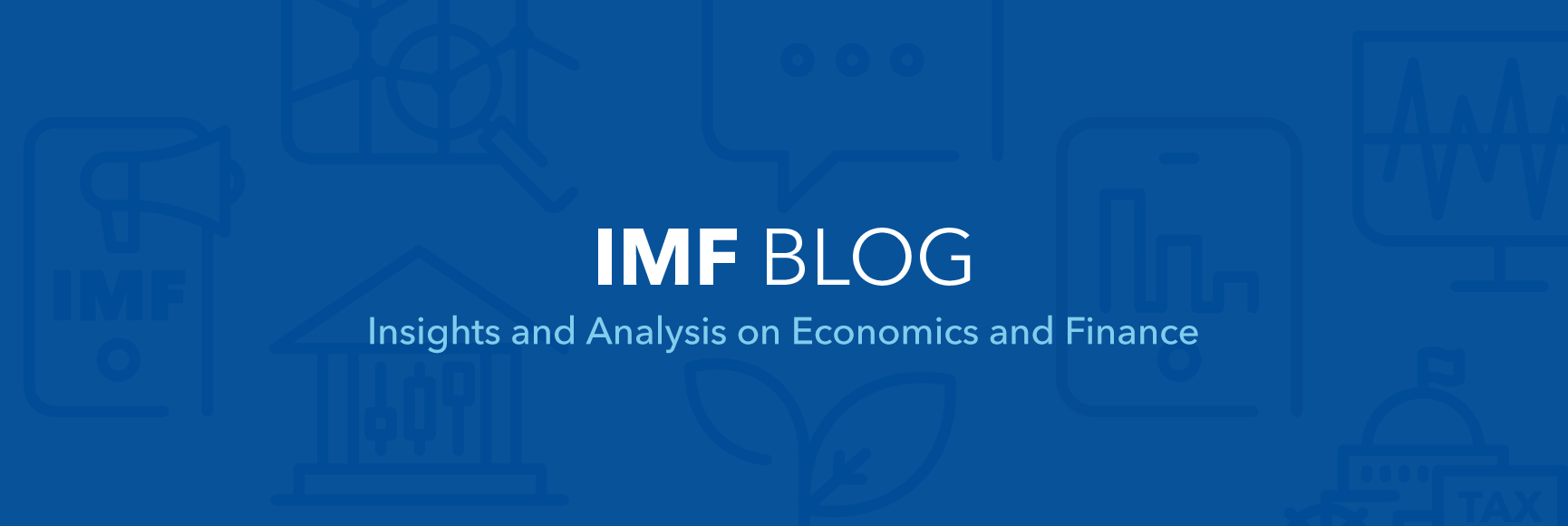As the crisis slowly recedes, the IMF has started to reassess the conduct of macroeconomic policy.
The Fund has just published a paper, “Rethinking Macroeconomic Policy,” part of a series of policy papers prepared by IMF staff reassessing the macroeconomic and financial policy framework in the wake of the devastating crisis. Several of the papers will be discussed at a conference to be held in Seoul, Korea, later this month.
IMF Survey magazine has interviewed the Fund’s Chief Economist Olivier Blanchard on the reason for the rethink. “It was tempting for macroeconomists and policymakers to take much of the credit for the steady decrease in cyclical fluctuations from the early 1980s on and to conclude that we knew how to conduct macroeconomic policy. We did not resist temptation. The crisis naturally forces us to question our earlier conclusions and that’s what we are trying to do in this paper,” he’s quoted as saying.
Paul Krugman dubbed the paper "interesting and important " in his New York Times blog, while Richard Adams in the Guardian described it as a “break with years of economic orthodoxy” and a “stunning turnaround.”
Intellectual guidance
An editorial in the Financial Times said the paper demonstrates that the IMF intends to "offer intellectual guidance to a profession confounded by its failure to see the crisis coming.
The short paper, the FT argues, cuts to the heart of what macroeconomics got wrong before the crisis and what it teaches us about how policy must change.
"The paper also treads controversial ground," the FT writes. " To speed up fiscal policy it moots automatic tax cuts or transfers triggered by thresholds such as a given rate of unemployment. It says central banks might aim for higher inflation to make room for more aggressive cuts. If not always convincing – why seek higher inflation instead of tools to enable negative nominal rates? – such high-calibre brainstorming is welcome. No less is needed to reform a failed orthodoxy of which the IMF was once the guardian."
Weighing in, the Economist's Free Exchange blog says: "Perhaps the important thing to take away from this discussion is that to central bankers, inflation is a bogeyman. But to good economists, inflation is merely a variable, an economic indicator over which governments have some control and which they can manipulate to good or ill effect. "
Better performance
Another interesting quote comes from Joseph Stiglitz in the French economic daily La Tribune.
Asked how the IMF handled the current crisis compared with the Asian crisis of the 1997-98, he said “Much better than last time!” He attributed the improved response partly to the Managing Director Dominique Strauss-Kahn, known as DSK.
“We have been lucky that DSK, who was not wedded to past policies, was at the helm of this institution when the crisis occurred. The IMF advised large economies to implement stimulus policies whereas, during the crisis in [Asian] emerging markets at the end of the 1990’s, the Fund had imposed austerity policies."



